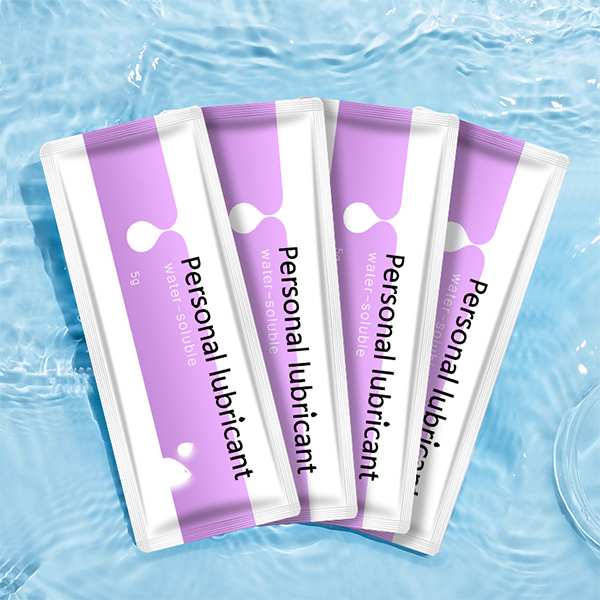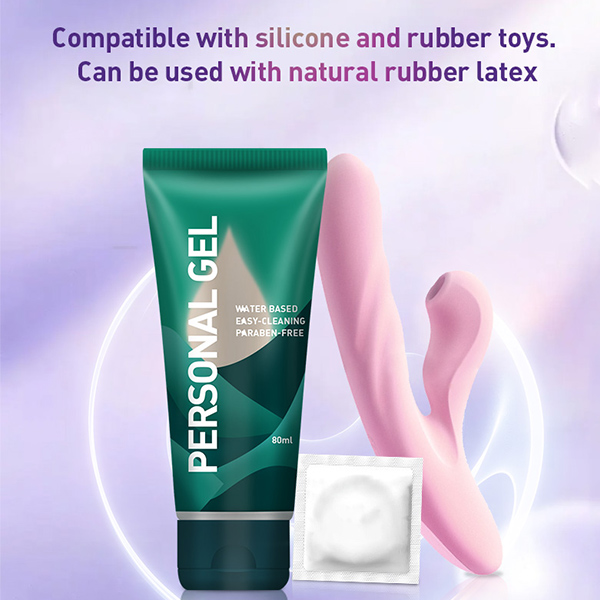In today's era of increasingly prominent personalized consumption trends, the lubricating jelly market also exhibits diversification and segmentation. Many emerging brands, niche brands, or brands wishing to test new formulas or concepts often face a common dilemma: how to find a manufacturer willing to undertake small-batch custom orders and guarantee professional quality?

Traditional large-scale factories often have high minimum order quantity (MOQ) requirements, which undoubtedly sets up barriers for small brands to start. However, a factory with 10 production lines, through reasonable flexible production scheduling, is fully capable of meeting the needs of small-batch orders.
"Flexible manufacturing" is key. It refers to the ability of a production system to quickly adjust its production configuration at minimal cost and time in response to changes in internal and external environments, to adapt to the production of different batches and varieties of products. Having multiple production lines provides the physical basis for achieving flexible manufacturing. The factory can dedicate some production lines specifically to handling small-batch, multi-variety orders, while other lines continue with large-batch, standardized product production, without interference, ensuring overall efficiency.

Specifically, how does flexible manufacturing serve small-batch orders? Through an optimized production planning and scheduling system, multiple small-batch orders can be consolidated for production, or small orders can be flexibly inserted during the gaps in large-order production, thereby improving equipment utilization and amortizing fixed costs. Rapid mold and line change capabilities are also very important. Production lines can quickly switch between different product filling molds, label specifications, etc., reducing downtime caused by product changeovers.
For small-batch orders, a mature formula library and modular service processes can also significantly improve efficiency. If the factory has a rich library of existing formulas for customers to choose from or make minor adjustments, it can greatly shorten the R&D cycle. At the same time, standardized sampling, packaging material selection, label design, and other service modules can also make the execution process for small orders smoother.

Pingchuang Medical, relying on 10 automated production lines, not only possesses a daily output capacity of 600,000 units for large-scale production but can also flexibly undertake various custom lubricating jelly orders, including small-batch trials and personalized customizations, through intelligent scheduling and flexible production management. Pingchuang Medical provides mature formula library support and one-stop services, ensuring that small-batch orders can also enjoy medical-grade production quality and efficient delivery, helping your brand launch easily and quickly validate the market.